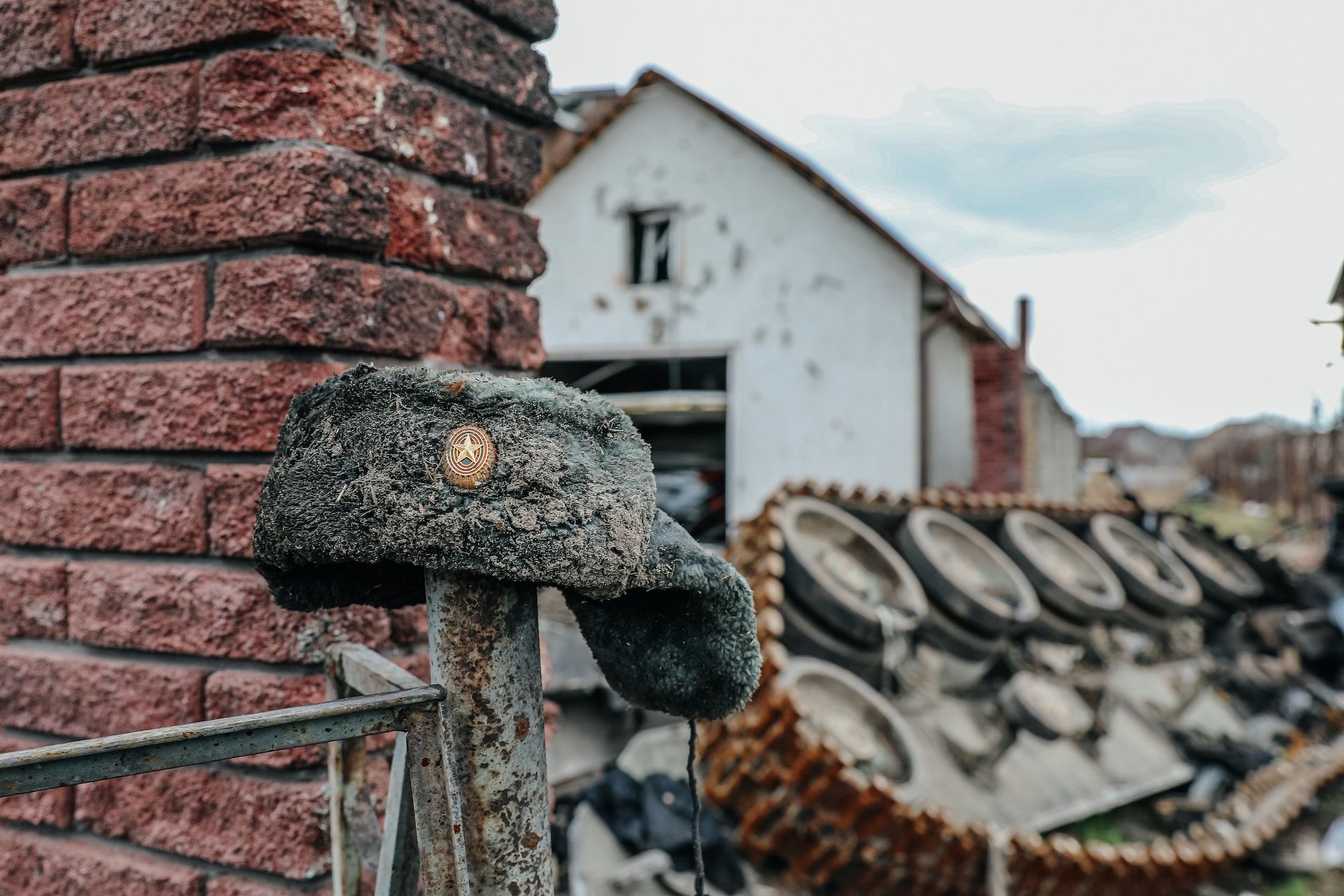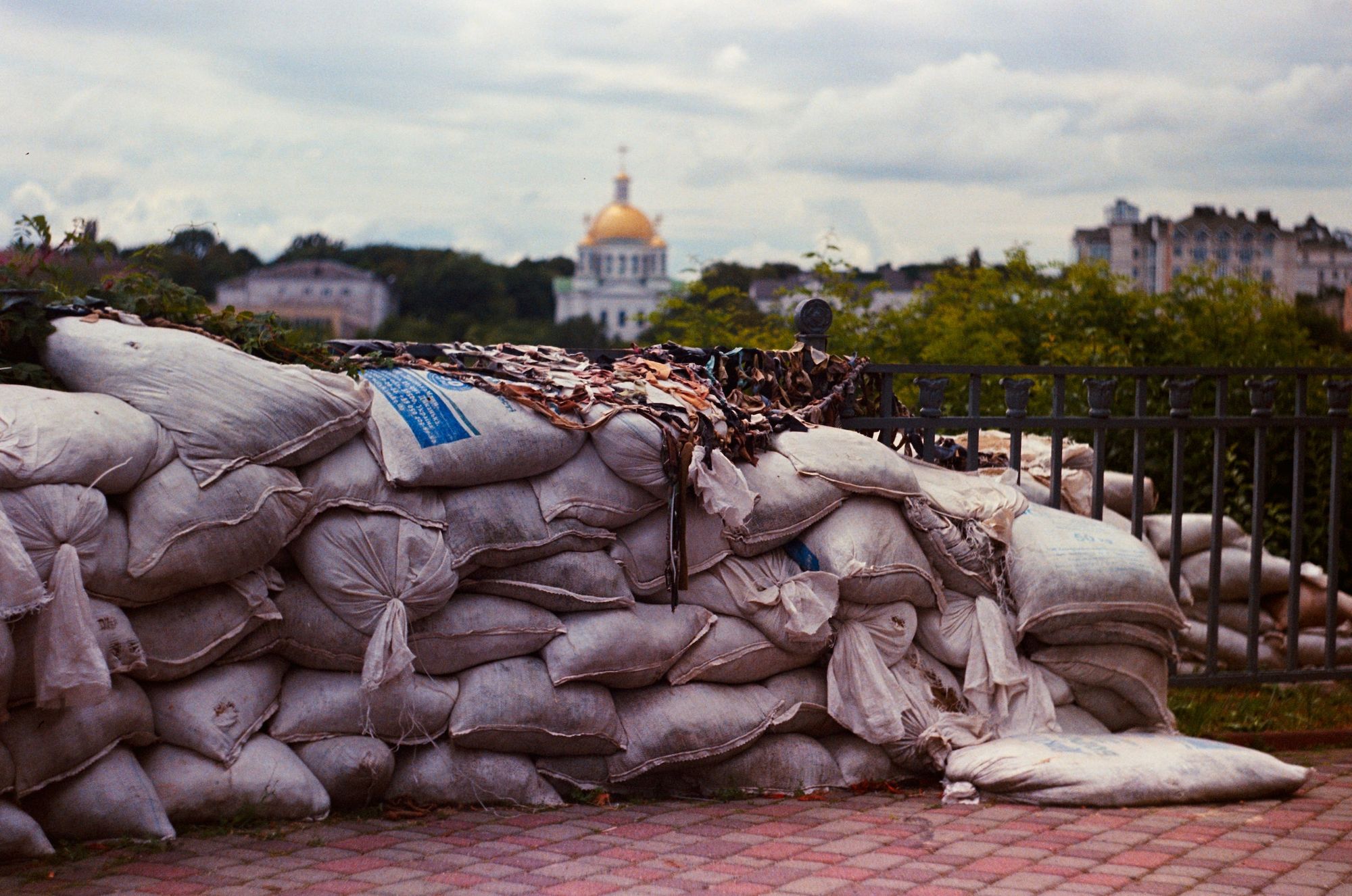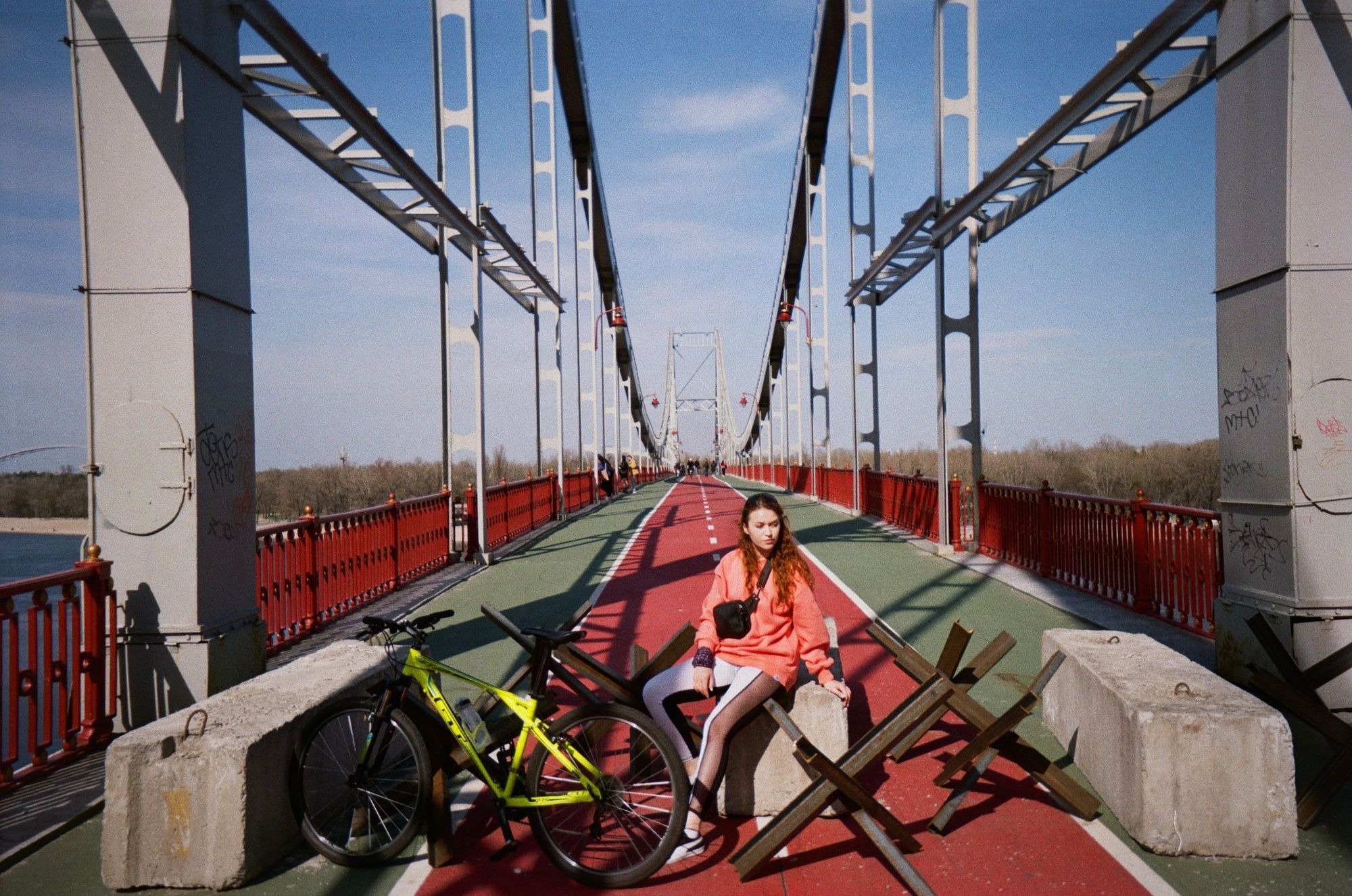There will be no serious reconstruction of Ukraine unless we come up with a security umbrella for it—says Daniel Szeligowski, the Head of Eastern Europe Programme of Polish Institute of International Affairs. Interview.
One million dollar question: what is going to be the end of the Russo-Ukrainian conflict? If we make it a little more exact, who will win in terms of strategy and politics?
First and foremost, what matters strategically is the exact territory a country controls. This will be decided on the battlefield. I don't really believe in a possibility of reaching a so-called negotiated settlement between European and Russia. I exclude the possibility of having a political deal. Ukraine can win, but it needs external military and economic support. I do not necessarily say that it needs a broad international consensus or international coalition to defend Ukraine, probably at some point, it would be more useful for Ukraine to have a narrower group of countries that are really devoted to the victory of Ukraine. I think that the primary role would be played by the United States, supported by the United Kingdom, Poland, and the Baltic countries, but of course this group could grow, some countries could jump on the train to be on the victor’s side.
Let’s imagine the scenario where Ukraine wins in the future. Some say that the rebuilding, the developments of Ukraine will be the business of the century. Eastern European countries experienced in the past that joining the EU doesn’t bring the amount of prosperity that they previously anticipated. Will the West buy Ukraine, will it pull out the money out of the country?
It’s a long-term perspective. What needs to be clearly stated is that there will be no serious reconstruction of Ukraine unless we come up with a security umbrella for it. It's not necessarily NATO membership. It could be some multilateral security guarantees given by a group of different countries, especially the US. Without the umbrella, you cannot imagine foreign investors rushing and putting their money to Ukraine. Central European countries such as Poland or Hungary are prime examples of a direct link between security and relevant economic development. These countries grew economically, especially after joining NATO. The rebuilding of Ukraine could be the deal of the century. It’s a big country, a lot of money will be put into it. The question remains: how the money will be spent? We have to understand, that the reconstruction of Ukraine doesn’t necessarily mean the rebuilding of the country. It could mean that a completely new country is being built. Also the question arises: who’s going to build for the reconstruction? There will be money coming from different countries, from the EU, from international organizations like the IMF or the World Bank. Also, there must be money coming from private investors, because rebuilding a country is very expensive, it is difficult to do without the private sector. And most importantly, we still don't know what to do with the frozen Russian assets. We need some legal mechanisms to spend them on rebuilding Ukraine. These legal mechanisms have to start from the US, because one need the political leadership in this way. If the US would be able to overcome legal struggles to confiscate the Russian assets, then the allies will do the same.

For Ukraine, building it up from scratch would be the best scenario, because even before the war started, it didn’t look great. Just think about the healthcare system, the trust in the police, in the army, the oligarchs, the corruption. Now Ukraine wants to be part of the EU and NATO. Is the rebuilding of Ukraine possible with the current political leadership?
Ukraine has been a democratic country. It had a competitive political system, even if there were oligarchs playing important roles. The main problem is the non-diversified economic system with heavy industry, which is not fit for the 21st century economic landscape. Ukraine needs to build a new economy which could be based on new technologies like the IT sector. On the other hand, there are advantages to the Ukrainian economy such as the strong agricultural sector. It must be in focus. The country’s location is fit for being a transportation hub, and of course the labor force is qualitatively well developed. An innovative Ukraine will make use of the strong human potential. The rebuilding of Ukraine is not reliant on the current political leadership, because it will take decades. What we need is to have the wider political consensus in Ukraine in terms of the direction in which the country would develops itself. Such consensus happened in Poland in terms of integrating into the EU and NATO.
Hungarian experts said that the war made the Ukrainian nation united. Do you think that the end of the war will bring back the 2-faced Ukraine, or did this catastrophe united the whole atmosphere, the minds of the people?
Some say there are 2 faces of Ukraine, some say there are 24. The diversity has always been there, but this is not a disadvantage. The bottom line is that we do have an independent, strong nation that wants to have its own independent country. The Ukrainians have already made a civilizational choice. They aligned themselves with the West. This is a conscious choice; I do not see any possibility of it being reversed. Now we need to put this choice into practice. There's going to be a lot of disappointments on our way because, of course, the political, the economical, the military costs of keeping Ukraine afloat will be enormously high. I don't know when the war will end. It could drag on for weeks, months, or even years. And even if Ukraine regains the control over the occupied territories, I think we will have a situation which I call a hybrid peace. We fight a hybrid war, it will end in a hybrid peace. Russia is going to still have some territorial claims, it won’t stop pushing and pushing. We will state, that we have peace in Ukraine, but rockets will come from time to time just for the sake of keeping foreign investors out of Ukraine.

What could be the options of Putin or the Russian military advisory board right now?
Putin thinks that if he combines different crises, like the European energy crisis, or the food crisis in Africa and in the Middle East, he can exploit these territories to leverage his position. But not with Ukraine. Russia wants to make a deal with the US. I think Putin clearly knows that he cannot force Ukraine to its knees. He wants to push the Germans, the French, the Americans to convince them that they should push Ukraine into concessions. That's a risky game.
Daniel Szeligowski is an economist and political scientist, holds PhD in Political Science and Public Administration from Warsaw School of Economics. He works primarily on Ukrainian issues: its foreign and security policy, internal affairs, economic situation, as well as EU-Ukraine relations and the Eastern Partnership. He is an editorial board member of “Strategic Panorama” (Стратегічна панорама), a scientific journal in Ukraine’s foreign affairs and national security, published by the National Institute for Strategic Studies in Kyiv. He speaks English and Ukrainian, and passive Russian.
The article was born in cooperation with the Riga Conference 2022.









